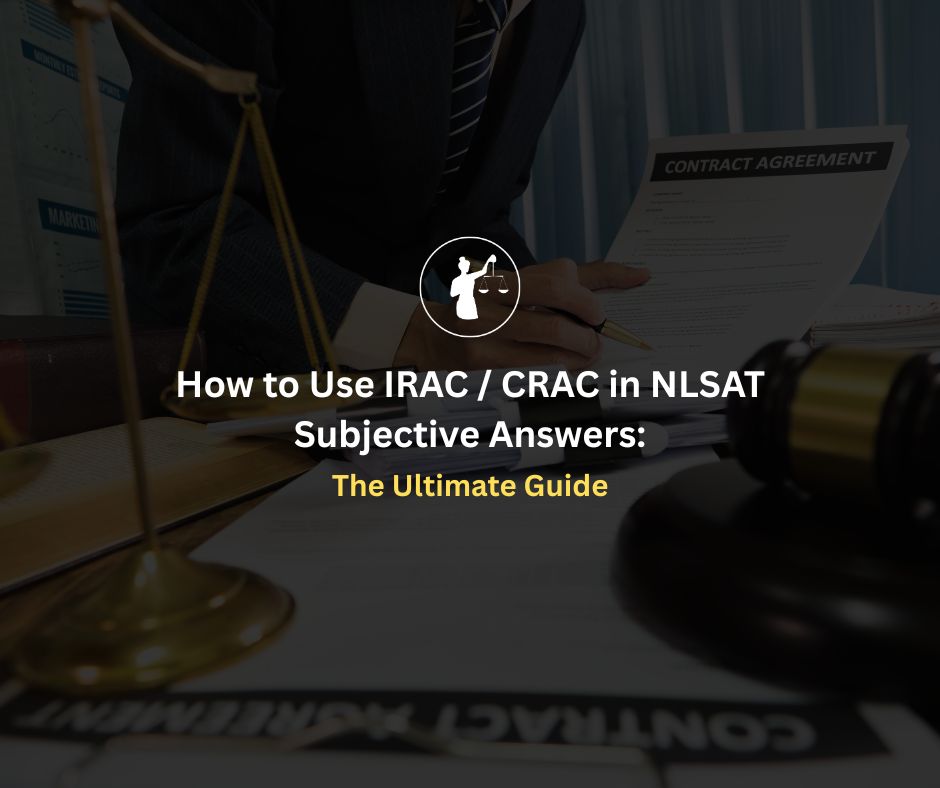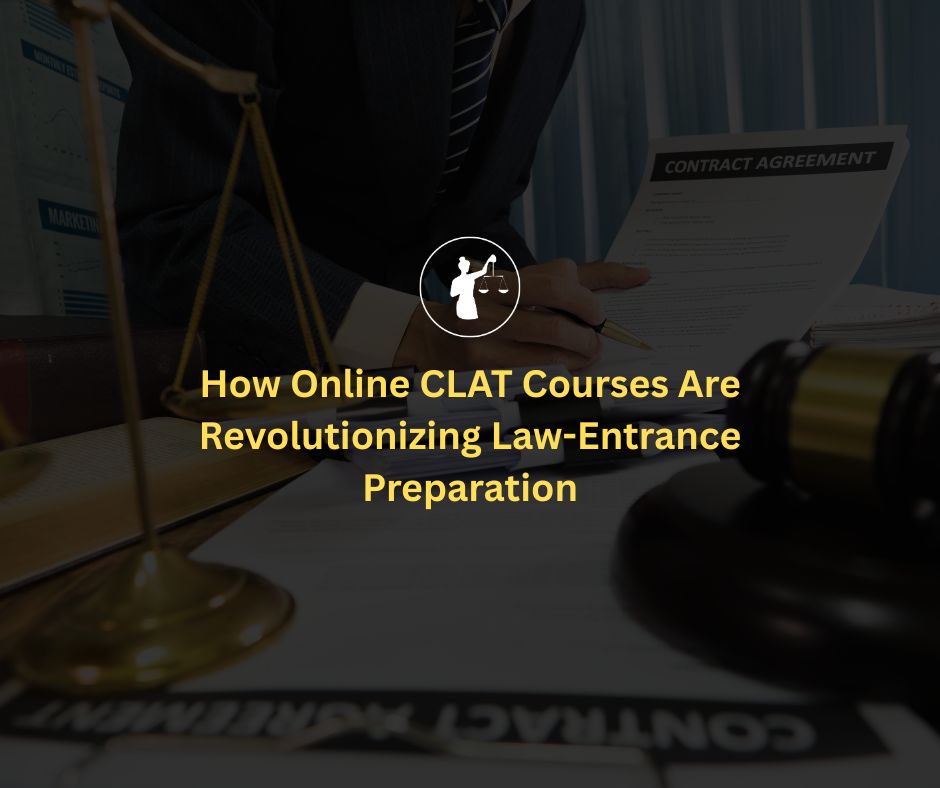The National Law School Admission Test (NLSAT) is designed to assess candidates' legal aptitude and analytical abilities. While Part A focuses on objective questions related to general knowledge, language proficiency, and basic legal concepts, Part B of NLSAT requires a more in-depth approach, testing your reasoning and analytical skills through subjective responses.
This blog explores the structure, content, and strategies for preparing for Part B of NLSAT, helping you to approach it with confidence.
Crack NLSAT 2025: NLSAT Coaching and Mentorship
Part B of NLSAT is divided into two sections:
Legal Aptitude and Reasoning:
This section consists of 6 short-answer questions.
Each question carries 10 marks,
focusing on legal principles and reasoning,
Analytical Ability:
Here, you will write an essay on a given topic.
The essay is worth 15 marks, and
you are expected to analyze and interpret a legal issue or scenario comprehensively.
Unlike the objective-type questions in Part A, Part B requires detailed written responses, with no negative marking applied. This allows candidates to express their understanding without fear of penalty for incorrect answers.
How To Prepare For NLSAT 2025 - Preparation Strategy, Trends, Books & More
This section is designed to assess not just your theoretical knowledge but also your practical application of legal principles. Here's a closer look at the topics covered:
Approach:
Carefully read each question and identify the legal issues involved.
Apply relevant legal principles, maxims, or case laws to arrive at a well-reasoned answer.
Manage your time efficiently, ensuring that you have enough time to thoroughly consider each question.
The Analytical Ability section requires you to write an essay that demonstrates your ability to think critically and analyze complex issues. Here’s what you should expect:
The essay may involve legal issues, social justice topics, or contemporary political or ethical debates.
You will need to analyze the given topic, present arguments from multiple perspectives, and provide a well-structured conclusion.
For example, the essay might require you to discuss the pros and cons of a recent Supreme Court judgment or analyze the impact of a particular law on society.
The essay carries 15 marks, so it’s crucial to plan your answer carefully. A structured approach—introduction, body, and conclusion—will help in presenting your ideas coherently.
Prior law knowledge is not expected
understanding of key legal concepts will aid you in legal reasoning questions
Since Part B involves subjective answers, practice writing concise and clear responses to hypothetical legal problems.
Focus on developing logical reasoning, even if the question asks about unfamiliar legal principles. The key is to show how you reason through the problem.
For the essay section, practice writing essays on a variety of topics, especially those related to law,
ethics, and current events.
Pay attention to structure and flow—start with a strong introduction,
build logical arguments in the body, and conclude with a solid summary of your viewpoint.
Regular practice will help you learn to express complex ideas clearly and within the word limit.
Part B consists of fewer questions but requires deeper thought and analysis.
Practice under timed conditions to ensure you can complete both the legal reasoning and the essay sections within the allotted time.
Reading about recent legal developments, landmark cases, and ongoing debates in law and society will not only help with your essay but will also provide material for analyzing legal propositions.
Keep up with relevant legal news and journals to be better prepared for topics that might appear in the essay section.
The essay question in the Analytical Ability section is an opportunity to showcase your ability to think like a lawyer. It requires a combination of deep legal knowledge, critical thinking, and clear, persuasive writing. By practicing regularly and developing a methodical approach to essay writing, you can perform well in this section and demonstrate your readiness for law school.
By focusing on these detailed pointers, you can enhance your preparation for Part B of the NLSAT, improving your chances of success in this challenging exam.
Part B of the NLSAT is a critical component of the exam that tests your ability to think like a lawyer. It goes beyond rote learning and requires a deep understanding of legal principles, analytical thinking, and strong writing skills.
By understanding the structure, recognizing the differences from Part A, and following a focused preparation strategy, you can excel in this section and increase your chances of success in the NLSAT.
Book a free counseling Call with our experts





